
Accredited by IBF
This course is accredited under IBF Standards Training Scheme.
- Up to 70% for training programmes commencing 1 January 2023 onwards.
- Terms and conditions apply. Please visit our IBF STS programme page for full details.
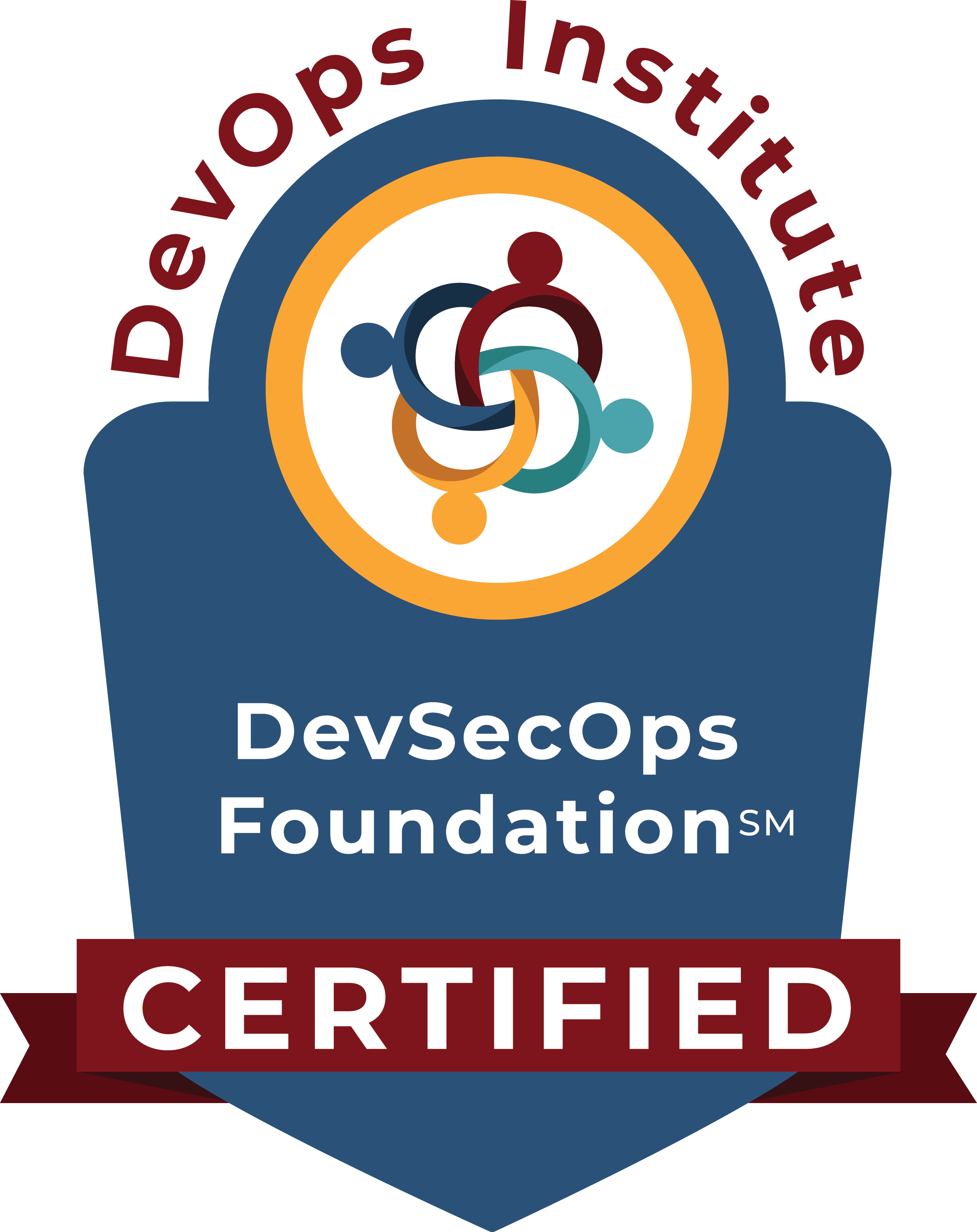
With the rising number of data breaches and increased emphasis on data privacy regulations, organizations need to prioritize security and compliance measures into everyday workflows.
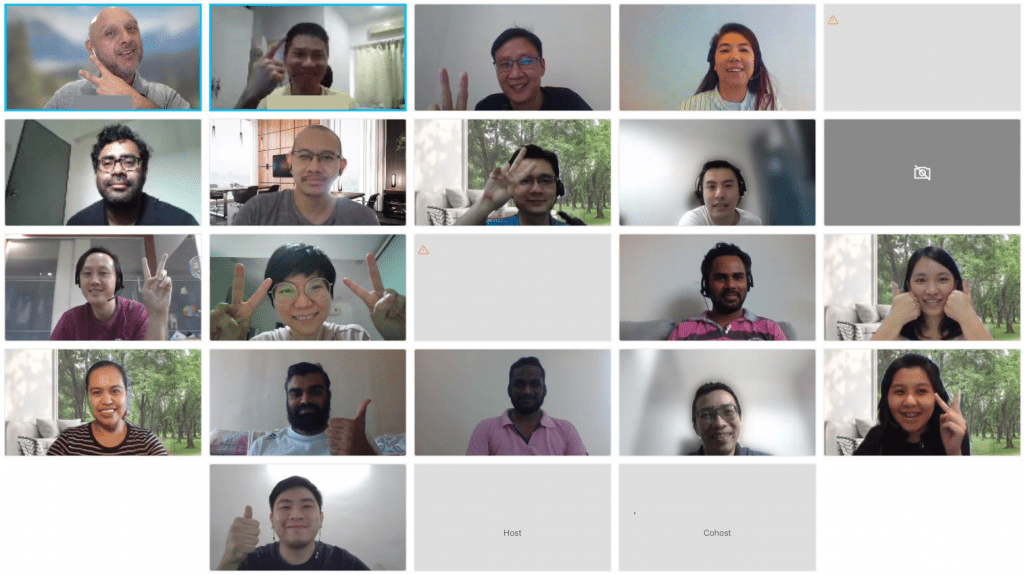
Our recent virtual class! In support of safe management in light of COVID19, classes may be run virtually.

This course is accredited under IBF Standards Training Scheme.
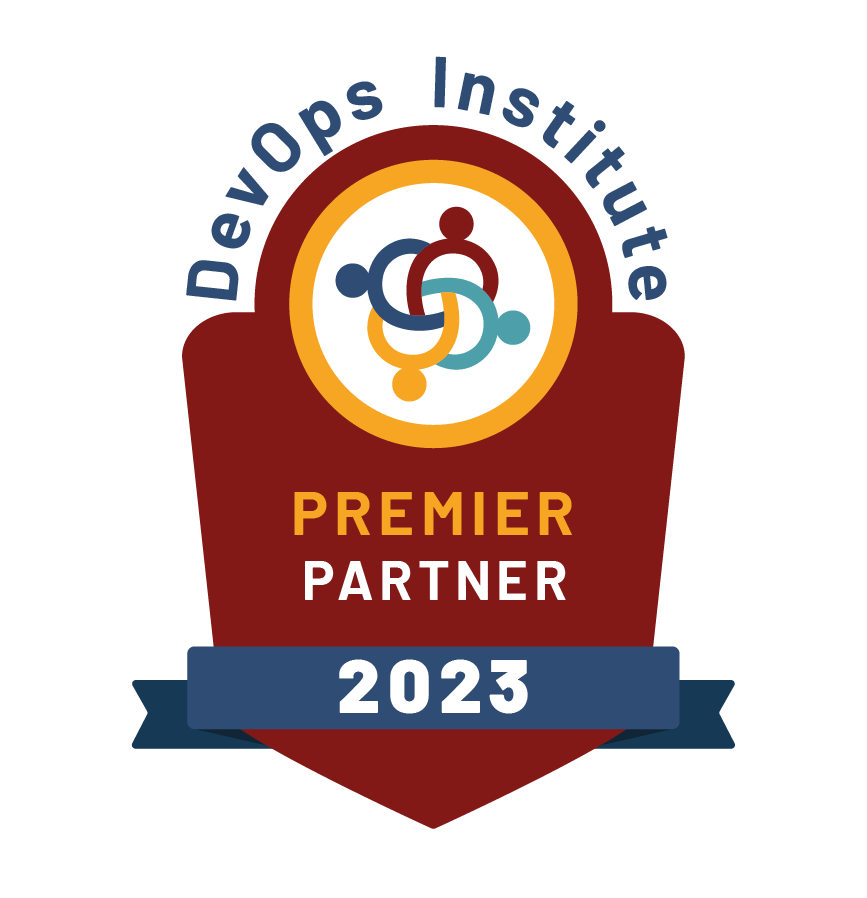
Sapience’s Accredited Trainers have gone through a vetting process with DevOps Institute, and official material will be provided.
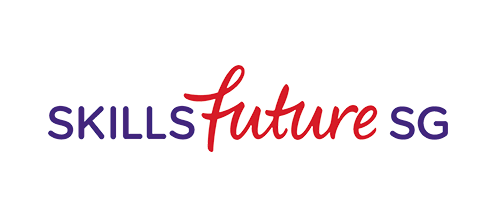
SkillsFuture Credit can be used on top of existing government course subsidies to pay for a wide range of approved skills-related courses. Visit our SkillsFuture Credit page for more info.
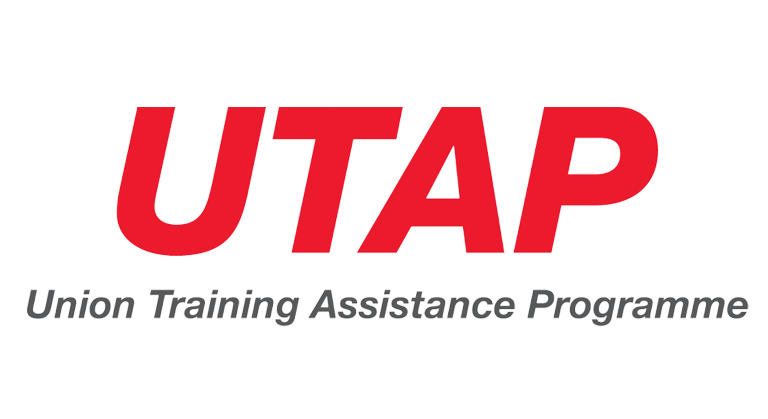
NTUC members can use the Union Training Assistance Programme (UTAP) to partially cover the cost of their training. Visit our UTAP page for more info.
Course duration: 3 days, 9am – 5pm
Learn the purpose, benefits, concepts, and vocabulary of DevSecOps including DevOps security strategies and business benefits.
As companies are pushing code faster and more often than ever, the rate of vulnerabilities in our systems is accelerating. As we are being asked to do more with less, DevOps has shown immense value to business and security as an integral component that needs to be integrated into the strategy.
Topics covered in the course include how DevSecOps provides the business value of DevOps and the ability DevOps has to enable the business and support an organizational transformation with the ultimate goal of increasing productivity, reducing risk, and optimizing cost in the organization.
This course explains how DevOps security practices differ from other security approaches and provides the education needed to understand and apply data and security sciences. Participants learn the purpose, benefits, concepts, and vocabulary of DevSecOps; particularly how DevSecOps roles fit with a DevOps culture and organization. At the end of this course, participants will understand using “security as code” with the intent of making security and compliance consumable as a service.
The course is designed to teach practical steps on how to integrate security programs into DevOps practices and highlights how professionals can use data and security science as the primary means of protecting the organization and customer.
This course may be eligible for PMI’s PDUs.
On completion of this course, the following learning outcomes will be achieved:
The target audience for this course are professionals involved in DevSecOps, such as:
Participants who successfully complete the course and pass the examination will be recognized as DevSecOps Foundation (DSOF) certified which issued and governed by DevOps Institute. Delegates who do not attain a passing score for the examination would be awarded a course attendance certificate only.
EXAMINATION FORMAT
There are no prerequisites to attending the DevSecOps Foundation course or sitting the certification examination. Familiarity with DevOps definitions and principles are essential.
Participants can attend a complimentary refresher if they wish(1-year validity and subject to approval)
Should you have questions after the course, you may contact the trainer for assistance regarding course material
Get one year access to our e-learning portal, including related e-books available for download, an official DevOps Institute sample exam and a randomised quiz formulated by Sapience Trainers based on past examinations
Extensive technical and managerial experience supporting organisations across government, pharmaceutical, banking and financial industries. Well-versed in creating and leading high-performing teams through effective work methodologies thatleverages on technology and best practices to achieve organizational objectives.
Communicative, articulate and a firm believer in sharing both knowledge and experience. Highly organized and relish delivering superlative results in high-pressure environments. Believes in providing quality advice grounded in a sapient application of experience, best practices and an acute understanding of real-world realities.
Clients can count on me – my word is my bond.
WhatsApp us